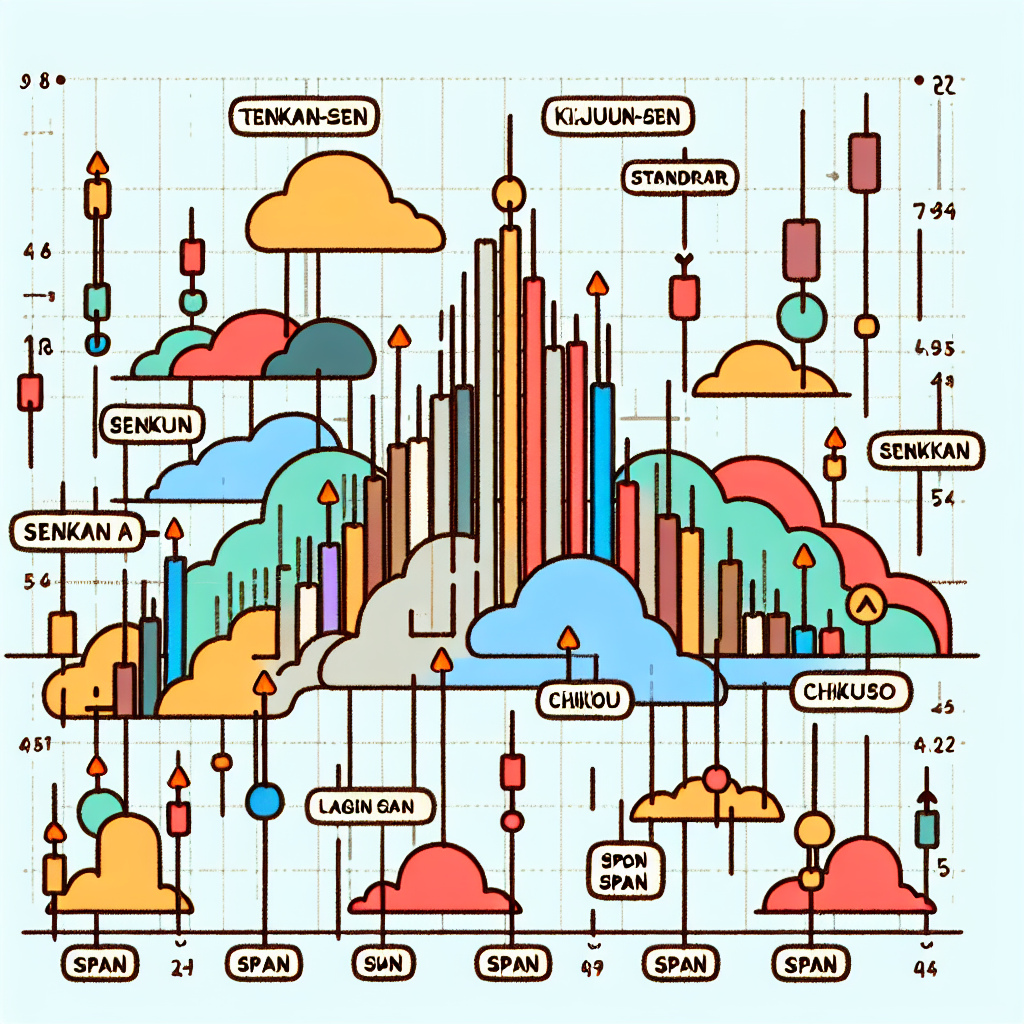
Analysis of Brokers with High-Frequency Trading Capabilities
Introduction
High-frequency trading (HFT) is a strategy that uses powerful computers to execute a large number of trades at lightning speed. This technique requires brokers with advanced technology and infrastructure to support such rapid trading. In this article, we will analyze some of the top brokers with high-frequency trading capabilities.
Brokers with High-Frequency Trading Capabilities
1. Interactive Brokers
Interactive Brokers is known for its advanced trading platform and low-cost trading options. They offer direct market access and sophisticated trading algorithms that cater to high-frequency traders. Their platform is highly customizable and provides real-time market data, making it ideal for HFT strategies.
2. TD Ameritrade
TD Ameritrade is another broker that offers high-frequency trading capabilities. They provide access to a wide range of markets and offer competitive pricing for high-frequency traders. Their platform is user-friendly and offers advanced charting tools and real-time data, making it a popular choice among HFT traders.
3. E*TRADE
E*TRADE is a well-established broker that also caters to high-frequency traders. They offer a range of trading platforms, including their flagship Power E*TRADE platform, which is designed for active traders. E*TRADE provides fast execution speeds and access to advanced trading tools, making it a top choice for HFT strategies.
Factors to Consider when Choosing a Broker for High-Frequency Trading
1. Technology and Infrastructure
Look for brokers that have robust technology and infrastructure to support high-frequency trading. This includes low-latency trading platforms, direct market access, and reliable execution speeds.
2. Pricing and Fees
Consider the pricing and fees associated with high-frequency trading. Look for brokers that offer competitive pricing and low commissions to maximize your profits.
3. Market Access
Choose a broker that provides access to a wide range of markets and asset classes. This will allow you to diversify your trading strategies and take advantage of different opportunities in the market.
Conclusion
High-frequency trading requires brokers with advanced technology, low-latency trading platforms, and competitive pricing. Interactive Brokers, TD Ameritrade, and E*TRADE are some of the top brokers that offer high-frequency trading capabilities. When choosing a broker for HFT, consider factors such as technology, pricing, and market access to ensure a successful trading experience.






